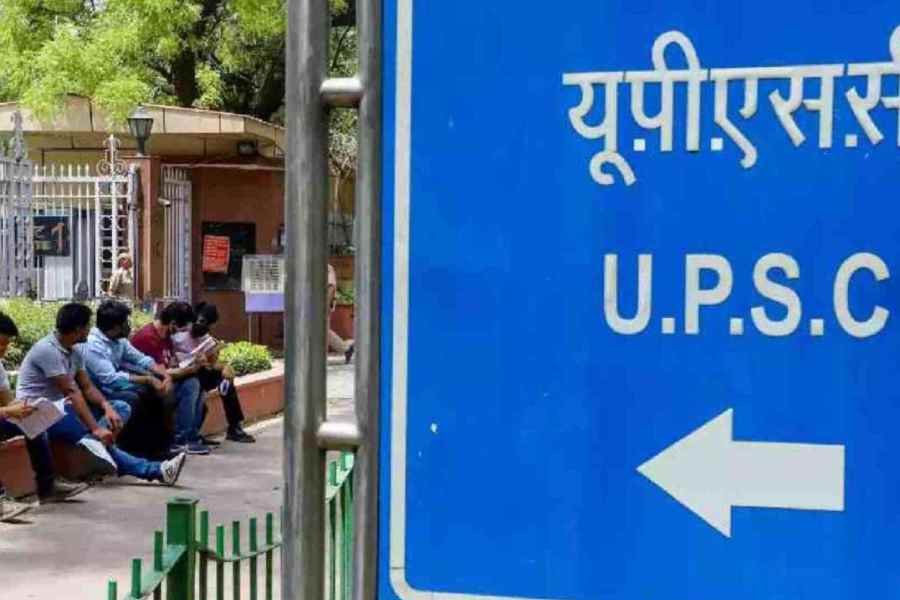A Parliamentary Standing Committee had recommended the truncation of the Civil Services Examination, arguing that no recruitment examination process should exceed six months. The Union Public Service Commission may take a call on the recommendation soon. The desire to expedite the examination cycle is understandable. But a closer scrutiny would reveal inherent complexities that make reducing the CSE’s duration challenging, even ill-advised.
Reducing the exam duration to six months will not be possible without removing one of the three tiers — Preliminary, Mains, or Interview. Each stage plays a crucial role in assessing a candidate’s capabilities. Eliminating any of these tiers risks compromising the thorough evaluation of candidates, overlooking essential qualities required for civil service. The three-tiered approach ensures that candidates are not only well-versed in theoretical knowledge but also possess the skill of critical thinking and the ability to articulate their thoughts effectively. The rigorous nature of the examination also serves as a filter for merit, ensuring that only the most qualified and well-prepared individuals ascend to key roles in public service.
One of the reasons cited for shortening the CSE cycle is the perceived wastage of candidates’ prime years. The lengthy process, from the notification to the declaration of final results, puts aspiring civil servants at a disadvantage by consuming valuable time in the early stages of their career. However, the CSE is not merely a test of academic knowledge but a comprehensive evaluation of an individual’s suitability for a crucial role in governance. Rushing through the examination process may weaken the assessment needed to identify candidates with the right blend of skills, knowledge, and the requisite temperament.
The expansive and intricate syllabus of the UPSC examination presents a formidable challenge to candidates. The comprehensive nature of the syllabus reflects the need for candidates to possess a broad understanding of various subjects, mirroring the diverse challenges they may encounter in public service. Covering this vast curriculum in a shortened timeframe would be a daunting task.
A prolonged selection process, it is being argued, takes a toll on candidates’ physical and mental health. But effective time management is already a critical skill tested by the existing CSE structure. Compressing the timeline would place candidates under increased pressure to cover the expansive syllabus and prepare for each stage of the examination. The competitive nature of the CSE, where aspirants vie for a limited number of coveted positions, already contributes to a high-stress environment. Introducing a condensed exam cycle would only exacerbate this stress. In fact, the need of the hour is to institute mental health support systems, counselling services, and periodic breaks during the examination to alleviate stress.
Shortening the CSE cycle may disproportionately affect candidates from underprivileged backgrounds who may require more time and resources to prepare adequately. Any reform in the examination process must consider and mitigate potential disparities in opportunities for diverse candidates.
The proposition to reduce the CSE cycle is fraught with pitfalls. Striking a balance between expediency and the integrity of the examination process is imperative to ensure that the UPSC continues to select suitable candidates who can meet the complex challenges of public service with competence and resilience.











